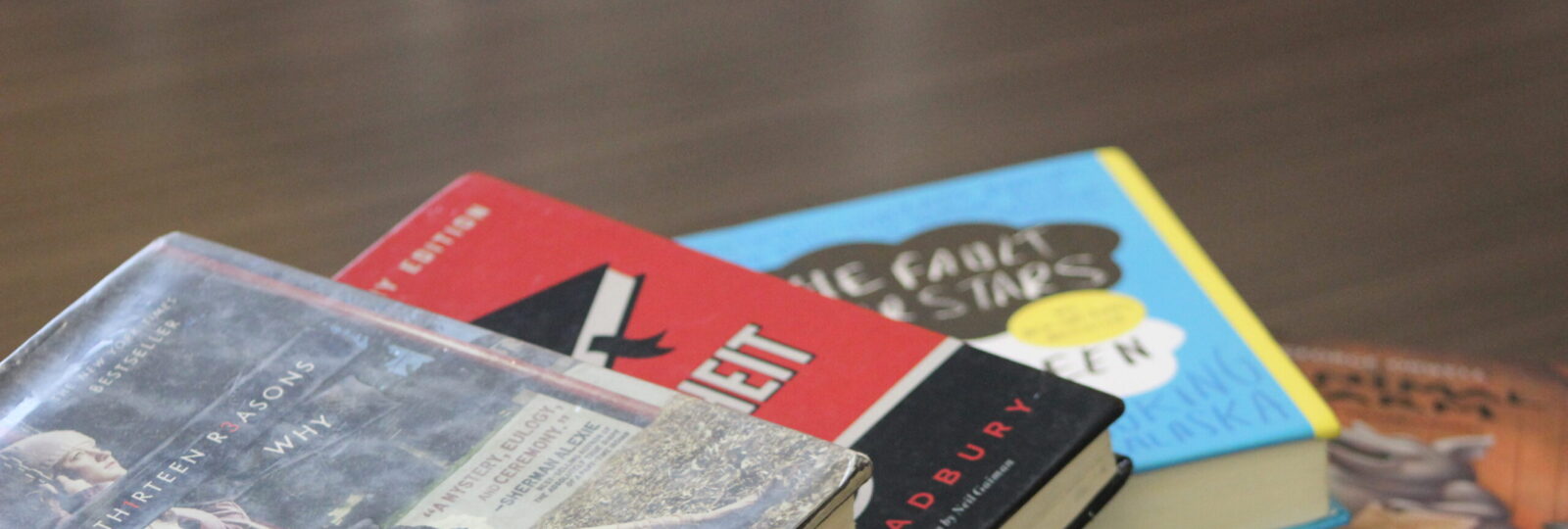Recent Iowa Book Banning Law Put Back Into Place
Share this story

Book banning has always been a very controversial topic. Many people believe it to have no place in our school system but others disagree. Back in May of 2023, a law was passed in Iowa leading to the banning of several books. However, due to the controversy of such a law, an injunction was put in place soon after. Recently this injunction was lifted on August 9th, 2024.
When this law, Senate File 496 (“SF496”), was first passed many school districts rushed to take books off their shelves. SF496 left much interpretation up to the school districts on how to enforce this law. A great deal of school districts were unsure and chose to lean on the safer end and pull numerous books from their libraries. When the injunction was put in place some school districts still kept the books out of their schools. Others chose to put the books back into the schools.
SF496 requests that all books containing sexual content be removed from school libraries from kindergarten through grade 12. The law makes it easy for people to go after certain books by requiring that the anonymity of the person requesting a book’s removal be kept. The law has resulted in several controversial bans such as, “1984” and “Animal Farm” both by George Orwell, “The Handmaid’s Tale” by Margaret Atwood, “Invisible Man” by Ralph Ellison, “I Know Why the Caged Bird Sings” by Maya Angelou, “It” by Stephen King, “The Fault in Our Stars” by John Green, and many more. Since the law has left a lot to interpretation, several worry that schools can pick and choose what to remove if a book contains something they personally dislike. This is certainly a big change; it’s already shown itself to have interacted poorly with classics in American literature.
Another part of the law, as put by Senate File 496 is “PROHIBITING INSTRUCTION RELATED TO GENDER IDENTITY AND SEXUAL ORIENTATION IN SCHOOL DISTRICTS . . .” To put it simply, books related to sexual orientation and/or gender identity cannot be available in school libraries before the seventh grade. Many have seen this as a sort of “don’t say gay” law. Some of the books banned for exploring gender identity and sexual orientation include, “And Tango Makes Three” by Justin Richardson and Peter Parnell, a book about two male penguins who raise a penguin together from an egg, “Too Bright to See” by Kyle Lukoff, a ghost story featuring a transgender protagonist, and “This Day in June” by Gayle E. Pitman, a picture book about a family attending a pride parade. Plenty of books have been removed from kindergarten-6th grade libraries just for having queer characters in them. Some believe that this law has used maintaining an “age-appropriate” approach as a way to censor the mere existence of a minority group.
Many are unhappy with the law. Sunni Shroff, a junior at WHS, voiced some concerns. “I feel that it will alienate queer kids a lot more than they already are. When queer kids realize they’re queer, they think they’re weird, they think they’re not normal. They think that their entire family will hate them, even if that’s not the case. And this only seeks to make them feel more lonely, more depressed, more anxious,” they said. Shroff also wasn’t fond of the banning of books like “1984” by George Orwell. “That is stupid because those books are meant to, you know, show the flaws within society to generate change and generate more progressive ideals. And if you’re not giving kids a choice to be progressive, or not giving them a choice to say, “Hey, maybe this isn’t the correct thing,” or maybe this is important to them, this is not the moral thing to do, because morals vary by individual. But you know, if you’re not giving them the choice, then this is not a free society, this is a controlled society,” explained Shroff. Overall, Shroff was not a fan of this law. “It’s stupid. The entire thing is stupid,” they said.
Jennifer O’Connor, Waukee High School librarian, shared what they thought of the law. “Censorship of any kind is wrong and goes against our First Amendment rights,” she said. When asked what she thought of the banning of certain books, O’Connor responded, “I am against the banning of any book.” O’Connor acknowledged the possible targeting of the LGBTQ+. “This law does seem to target marginalized populations. This is unfortunate as every person deserves to see themselves in books and to learn more about the world around them through books. Books are valuable tools to help us understand ourselves and each other better and to celebrate and value both our similarities and differences,” she noted.
“I feel the banning of books by the government is cowardly because instead of making an argument for their ideals they would rather ban all opposition. Banning Classics such as 1984 and Animal Farm means refusing to teach students important political themes of the past, and banning books with LGBTQ themes and characters is sending a message to LGBTQ students that their voices and experiences do not deserve to be heard or expressed, that they don’t matter. In my opinion, it is the responsibility of the parent to restrict any reading they feel necessary, not the government to the whole of the population,” said Raleigh Freschi, senior at Waukee High School.
